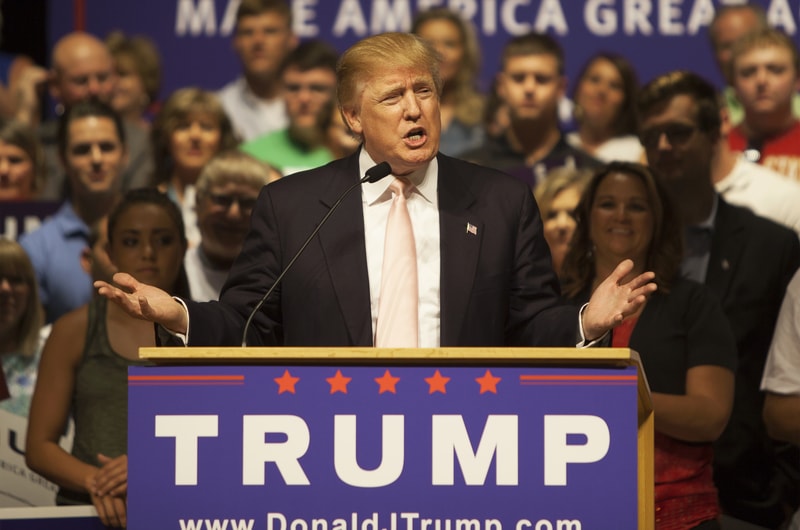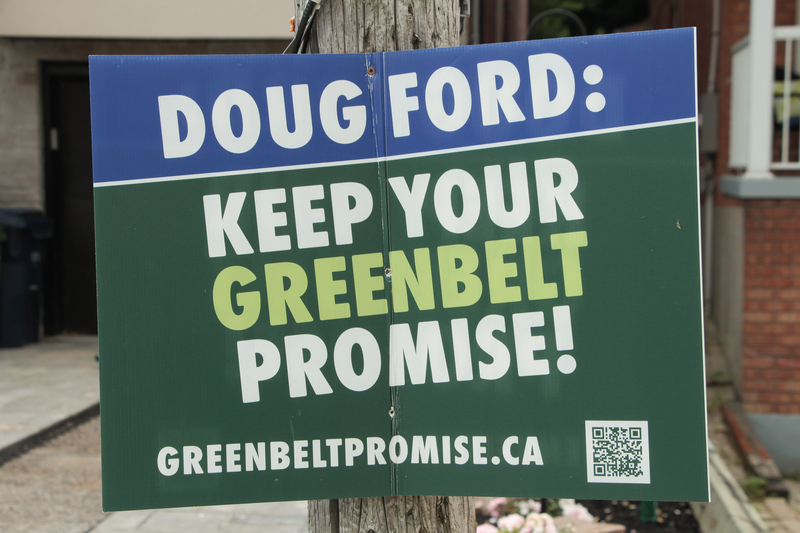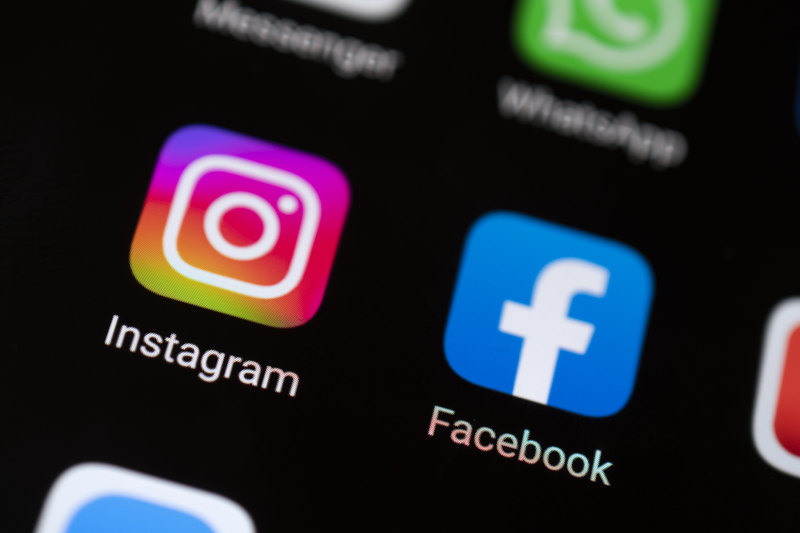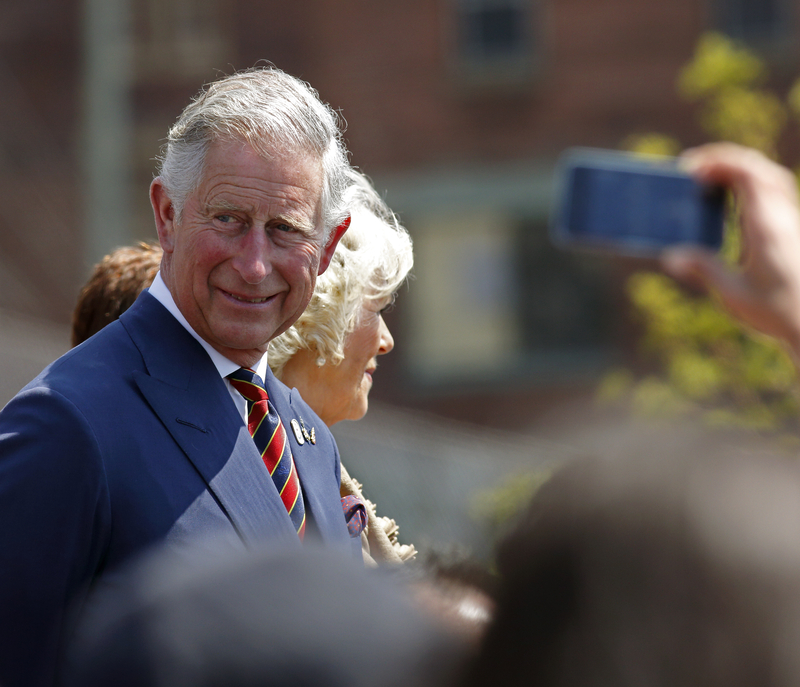This past Tuesday, something happened at the Republican National Convention (RNC) in Cleveland, Ohio that many people never imagined would be possible. Donald J. Trump officially became the Republican nominee for President of the United States.
On the surface, this wasn't that surprising. It's been common knowledge since at least May that Trump had won all of the votes that he needed to become the Republican nominee. This announcement at the RNC was just a formality.
But if you dig a little deeper into both Trump's history and the history of the Republican Party (also known as the GOP), then you can understand why some people are still more than a little shocked. You'll also understand why Trump's biggest challenge over the next four months will be to convince the rest of America that he's the right man to lead his country.
Let's take a look at the RNC together — we'll look at the Democratic National Convention (DNC) same time next week.
The convention floor: A divided party
Trump's closest rival, Ted Cruz, refused to endorse him during his RNC speech Wednesday night. (Getty Embed)
There's often some difference of opinion at an event like the RNC (or next week's Democratic National Convention, or DNC, in Philadelphia). After all, whenever a prime position like presidential nominee is at stake, people will disagree on who is best suited for the job. And there were a lot of people who tried to get the spot that Trump has now. Seventeen candidates, in fact. But then again, few of the 16 other candidates had much support. Trump won the nomination easily (he had 1,725 votes, while the next closest was Ted Cruz with only 475).
So why were there groups of delegates (official voting members of the GOP) calling loudly for anyone but Trump on the first day of the convention? Why were there so many empty seats in the arena where it was held? Why did many of the biggest names in the Republican Party decide to not attend this RNC? And why did Cruz refuse to endorse Trump as the nominee when he spoke at the convention (as nearly all candidates do once the primary elections are over)?
Simply put, Donald Trump is an unusual candidate. To some, that's his appeal. To others, it's the biggest reason why he's not fit for the job.
The candidate: A businessperson first
Trump speaks on his office phone during the 1980s. (Getty Embed)
Being president is the highest political office in the country. In the past, successful nominees have at least been in politics for ten years or so, often much longer. They have been mayors, representatives, governors, senators, heads of major government departments. Donald Trump has never been any of those things. What he has been is one of the America's most well-known and wealthy businesspeople. He first became most famous in the 1980s and 90s for his high-powered real estate deals (that means selling and buying land and property). He built lavish towers and extravagant casinos. Later on, he published a very successful book about his business tactics, called The Art Of The Deal. Then, he became the star of his own TV show, The Apprentice. All this time, Donald Trump created a personality as the ultimate entrepreneur, whose name meant great riches.
The case against him
Trump used a no-holds barred style to defeat opponents like Jeb Bush (left) during primary debates. (Getty Embed)
This is a key part of what some Republicans are resisting. They feel that while Trump may be a great businessperson, he lacks real political experience. And unlike being the boss of a big company (where you can tell everyone what to do all the time), being a politician involves a lot of listening and compromise (just ask current President Obama). Not only are you dealing with diverse interests and needs inside your own country, but as president, you have to understand the needs of other countries as well.
In this view, Trump's lack of political experience is made worse by his manner of dealing with others. Trump is well known for being brutally unsympathetic to those who disagree with him. His campaign has been marked by him openly calling opponents (whether Republicans or Democrats) "losers", "fools", "failures" and "dummies". This kind of language is definitely not normal in politics. It sounds more like what you'd hear from a schoolyard bully. People are very concerned that a President Trump would greatly damage fragile international relationships with countries like Russia and China.
The case for him
Trump's supporters see him as needed change in American politics. (Getty Embed)
So if these are some of his issues, you might be wondering: how did he get voted in so convincingly? Because there a lot of people who love exactly these things about him. They love that he's not a politician, because they feel betrayed by politicians who only seem to argue among themselves while forgetting about the public. They love that Trump uses such tough language because they feel that there is too much compromise in politics. And maybe most importantly, they love that Trump is a successful businessman because many Americans are struggling to find good jobs. Who better to make America's job market better than the greatest businessman in the country?
A lot of work ahead of him
Trump speaks at the RNC last night. (Getty Embed)
When Donald Trump spoke on Thursday night at the RNC, he stressed that he was going to be a candidate who stood for law and order. He talked about America being a country that is gripped by fear: of terrorism, of unrest, of a weakening economy. For many Americans, this is music to their ears. But now Trump has to convince the rest of the country that he is the man for them and that will be a challenge. Why? Trump's tough talk has made him very unliked among key voting groups.
His comments linking Mexican immigrants to criminals has alienated many Hispanics. Meanwhile, his lack of acknowledgment of the black experience in America (please see our Black Lives Matter piece for more on that) has hurt him amongst black voters. And lastly, his history of comments seen as demeaning to women have left him disliked by a majority of female voters.
In short, winning the office of President when he is polling so poorly among Hispanics, black people, and women will be very, very difficult. But then again, few political experts seriously thought that he would make it this far. So is Donald Trump this exception to the rule? Will Mike Pence, his far more experienced and mild-mannered choice for vice president, balance his flaws as a possible president? Or will he be in trouble once he leaves the shelter of pro-GOP events like the RNC?
Like all elections, a lot will depend on how he matches up against his opponent, Democrat Hillary Clinton. But that's a piece for next week...
 After a long campaign that began over a year ago, Donald J. Trump is now the Republican nominee for President. (© Lightpainter | Dreamstime.com)
After a long campaign that began over a year ago, Donald J. Trump is now the Republican nominee for President. (© Lightpainter | Dreamstime.com)










This was REALLY BORING 😐
I’m a parent and just found out about owlconnected.com. I was curious to learn how you might handle covering potentially divisive issues, like election campaigns, for children. I was pleased by what I read in this article.